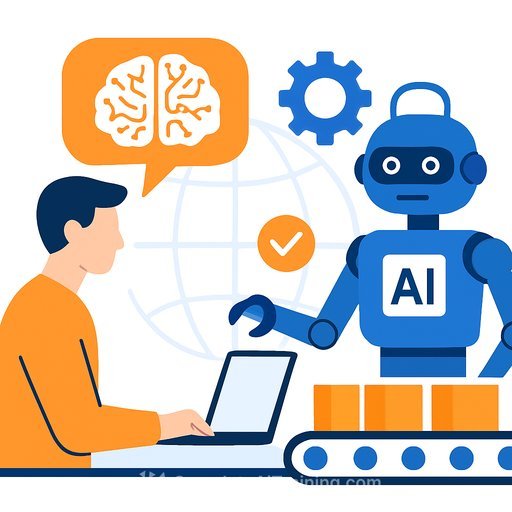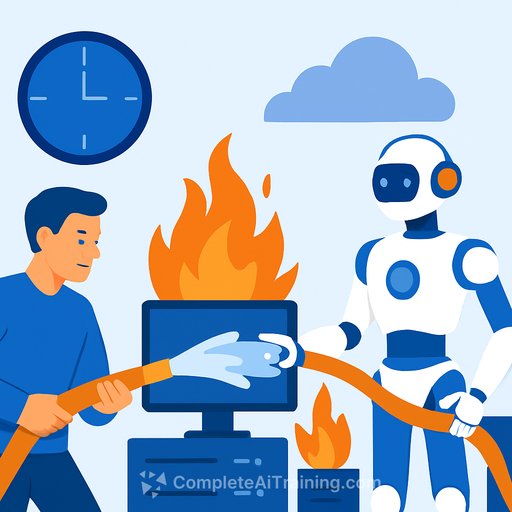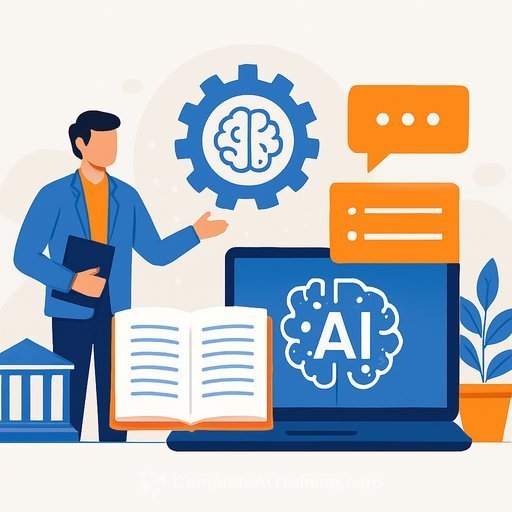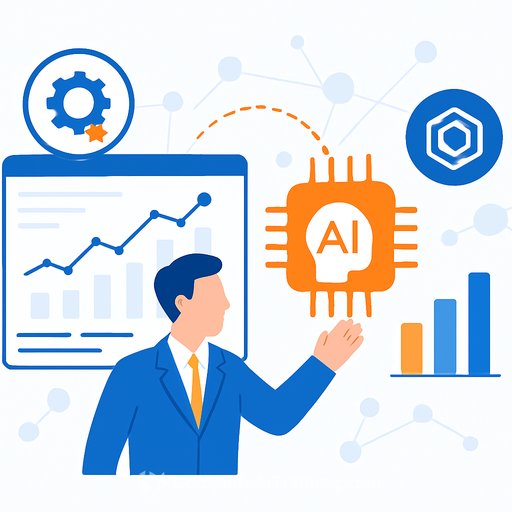Tulip acquires Akooda to expand integrated AI and real-time operational intelligence
November 25, 2025
Category: Acquisition or Partnership
Tulip has acquired Akooda, an AI company based in Boston and Tel Aviv focused on contextual enterprise data and real-time operational visibility. The move expands Tulip's integrated AI capabilities and strengthens how frontline teams access intelligence inside daily workflows.
What Akooda brings
Founded in 2021, Akooda built technologies that contextualize enterprise data to spot workflow patterns, performance constraints, and decision points at scale. The team brings deep experience in AI, large language models, and enterprise search-skills that map directly to frontline needs like faster root-cause analysis and better cross-shift visibility.
Where it fits in Tulip's platform
- Contextual data modeling for industrial workflows
- Enhanced intelligence for operational decision-making
- AI-supported insights on performance, bottlenecks, and process optimization
- Expanded capabilities within Tulip's composable operations architecture
Akooda's team will join Tulip's AI and Product groups and collaborate with engineering teams in Munich. The goal: deliver AI-enabled capabilities that give industrial users deeper visibility, surface inefficiencies sooner, and improve responsiveness across production environments.
Why operations leaders should care
This isn't about adding another dashboard. It's about putting context at the point of work-so operators, supervisors, and engineers can act faster with fewer handoffs. By connecting data across lines, shifts, and systems, you reduce the lag between signal and decision.
- Quicker detection of bottlenecks and quality drift
- Richer, context-aware work instructions and checklists
- Smarter escalations based on live constraints, not static rules
- Clear traceability from event to action, across teams
- More consistent decision-making between shifts and sites
Composable operations, in practice
Tulip's focus on Composable Operations gives manufacturers a modular way to improve without ripping out existing systems. You can adapt workflows, plug in AI services, and iterate based on real constraints on the floor.
For background on the concept of composability in enterprise design, see Gartner's overview of the composable business model: Gartner: Composable Business.
What to prepare now
- Map key data sources feeding frontline decisions (MES, QMS, CMMS, IIoT, ERP).
- Define a small set of "golden" metrics (OEE, FPY, cycle time, schedule adherence) with clear owners.
- Document critical workflows, decision points, and known constraints by cell/line.
- Standardize event schemas and timestamps to sync context across systems.
- Set simple governance for data quality, model updates, and human-in-the-loop approvals.
- Pilot on one value stream: baseline, deploy, compare, iterate, then scale.
- Upskill frontline teams on AI-supported workflows and exception handling.
If you're building AI skills across operations roles, explore practical training paths here: Complete AI Training: Courses by Job.
Outlook
Manufacturers want unified data, shared context across teams, and actionable intelligence without a full system replacement. Integrating Akooda positions Tulip to meet that need-accelerating its roadmap for real-time industrial intelligence and supporting customers adopting AI-ready operations.
The takeaway for operations: prepare your data, document your decision points, and start small. The value shows up when context meets the point of work.
Your membership also unlocks:





